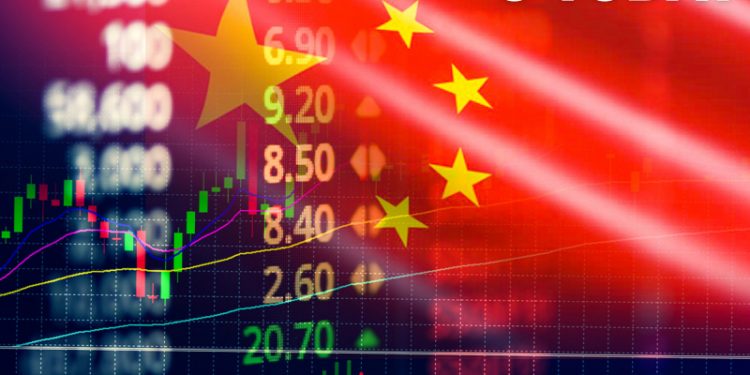China’s economy contracted in the second quarter as it did in the first, and that marked the start of a new global recession. On a brighter note, China’s economy contracted only minimally, versus expectations, which were lowered by over seven percent. But stock markets across the globe took a significant hit, and as ever in a recession, the largest investors – those with the most capital invested – suffered the most.
The second quarter’s figures marked a sharp slowdown from previous months. Whereas in Q2 China added a healthy profit and expanded gross merchandise inventories, falling tumbled on orders for autos. And, while the government introduced an asset freeze, no central bank was willing to write off the bad debt of banks and other commercial banks, which means they will continue to support their local currencies. In the past, when there was a debt crisis between various countries, the U.S. and European Union pressured China to use its national printing currency to settle debts. China refused, and its currency was weakened, causing trade flows to be affected.
If this trend continues and with continued resistance to the introduction of stimulus measures, it is possible that the economy will contract once again in Q3 or Q4. It would be a huge setback for Asian economies and would be a timely reminder of how far China’s government will go to protect its currency. The U.S. and European Union have been pressuring China on the issue for months now, but they haven’t achieved anything substantial yet. Meanwhile, a collapse in the markets sends the U.S. and European stocks plunging, and Japanese stocks plummeting too.
When comparing today’s China to those years ago, it can be said that things are getting tougher. And this is not necessarily good for the Chinese stock market. When the government started to devalue the currency in August 2012, it sent waves throughout the markets. Stock prices fell by over 30%, to lows not seen since early 2001. Since then, China has been working to stabilize its economy.
This has meant that there haven’t been any significant gains in the market. It hasn’t helped that China’s stock market has seen some tumultuous times as well. The country hasn’t done too well in recent years, despite its newfound economic might. However, analysts point out that it’s been too long since investors have shown much interest in the country, so the stock market has been largely stagnant over the past year or so.
The Evergrande is one of many Chinese companies that have seen declines in their debt-to-equity ratios. Debt-to-equity ratios are a measure of how much risk is posed by a company’s assets and liabilities. This is a key number for any company that hopes to maintain healthy growth in its economy. For instance, when the Evergrande took a big hit last November, it had to ask for financial assistance from the government to keep operating. That’s another good sign of how the government is working to support its economy and avoid any major damage.
The Evergrande is part of China’s large-scale manufacturing sector. Its debt, like that of many other manufacturers, is becoming a serious issue. That’s why the government is now involved. In fact, there’s even talk of the central government taking control of certain companies in order to protect the economy. Some worry this could lead to major political turmoil in China. On the other hand, with so much riding on Evergrande, there’s no reason to doubt the company’s ability to rebound.
As China continues to grow and become an economic super-power, it will be critical for businesses like Evergrande to make their products available to the Chinese consumer. If they can help China achieve economic growth, then that will only help the American economy as well. Just like American cars can compete with Japanese cars, American brands like Evergrande can compete with Chinese brands.






























